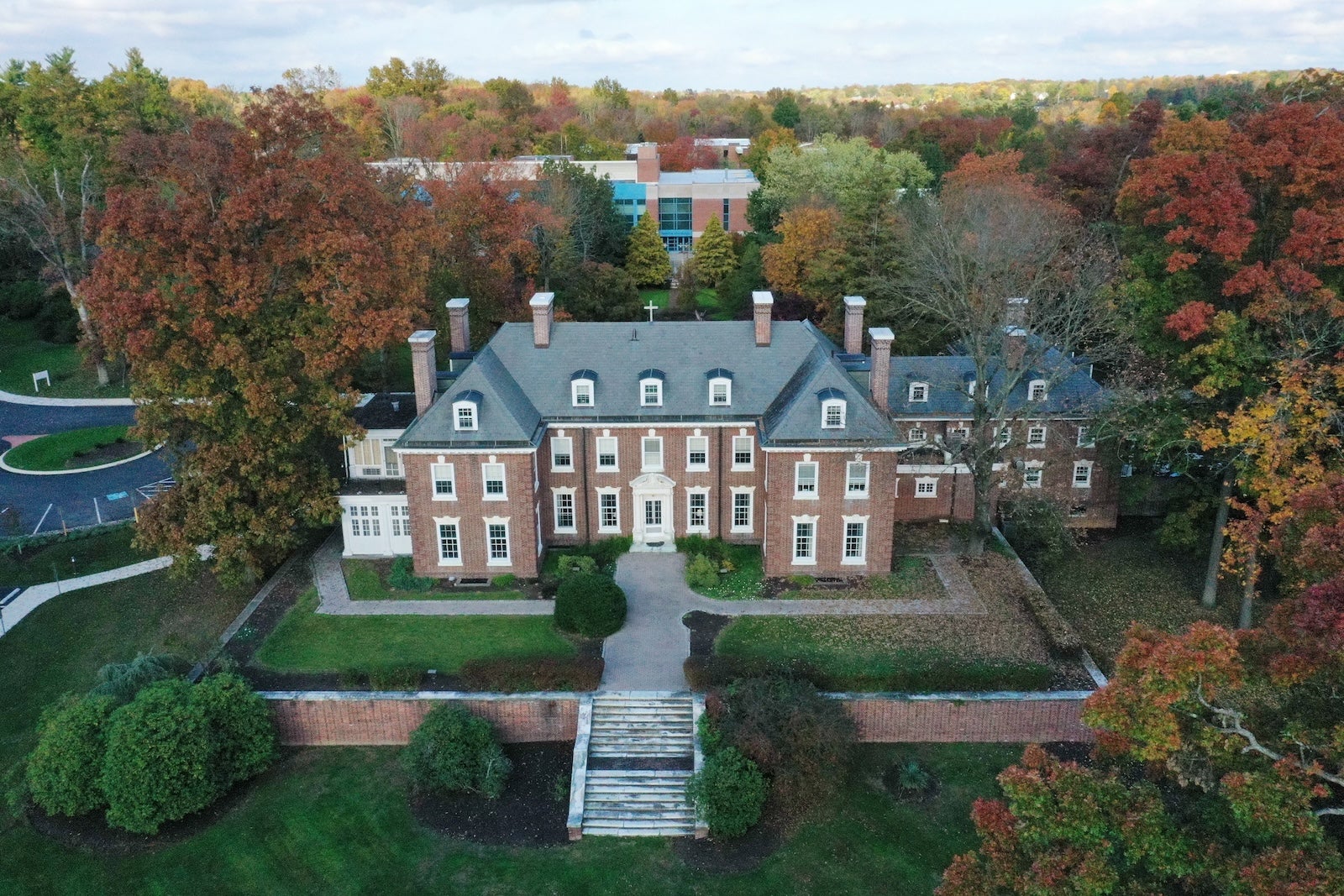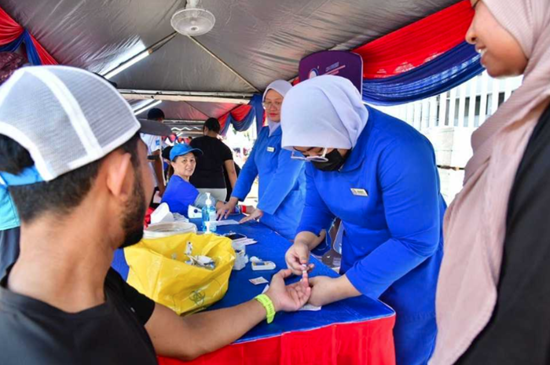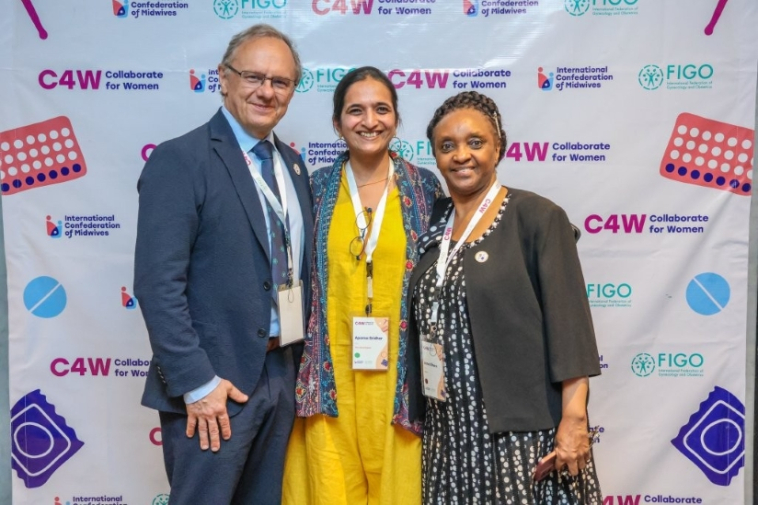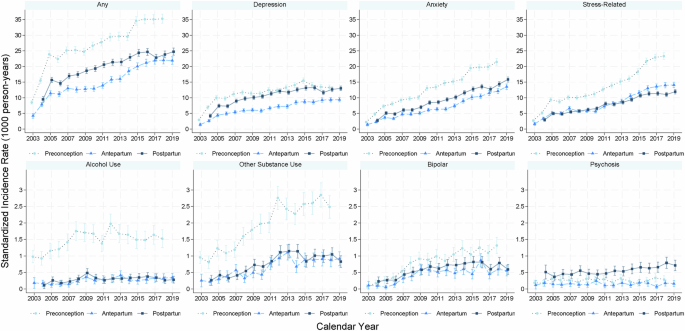
From Philly and the Pa. suburbs to South Jersey and Delaware, what would you like WHYY News to cover? Let us know!
Gwynedd Mercy University has created a new initiative to address the shortage of nurses and other health care workers. The program aims to train much-needed employees, offer affordability for students and focus on innovation.
The initiative, called the Compassionate Care Collaborative, is designed to build a pipeline for in-demand health care jobs, such as nurses and respiratory therapists. The program will focus on collaborating with employers and fostering innovation through utilizing technology like artificial intelligence to improve the patient experience and advance health equity, said Deanne D’Emilio, president of Gwynedd Mercy.
It will be housed in the school’s $23 million, 63,000-square-foot Frances M. Maguire Healthcare Innovation Center, which is scheduled for completion in August. It is named for the 1955 graduate of the university, whose Maguire Foundation donated the $10 million lead gift for the building.
“This is a new initiative for Gwynedd Mercy and it really builds on our historic strength in healthcare education that we’ve been doing for almost 70 years,” D’Emilio said.
The Sisters of Mercy, who founded the university in 1948 in Montgomery County, have always sought to meet societal needs, she said, and this program is no different.
Gwynedd Mercy already offers several accelerated programs for nursing, but now it will also consult with health care systems to determine what needs they have and will tailor degrees or certificates. For example, some existing health care workers might seek certificates, in areas such as project management or leadership, to advance their careers.
It will also offer extensive mentoring and internships to supplement education and training.
“We want to focus on the latest in health care and addressing the best patient outcomes that we possibly can,” D’Emilio said. “What is the latest innovation?”
When completed, Gwynedd Mercy’s Healthcare Innovation Center will be the largest academic building space on campus, big enough to offer collaboration between health care and related majors, such as computer science, psychology and social work.
“The students will get to work in interprofessional teams,” D’Emilio said, much like they would in a live medical setting.
link






